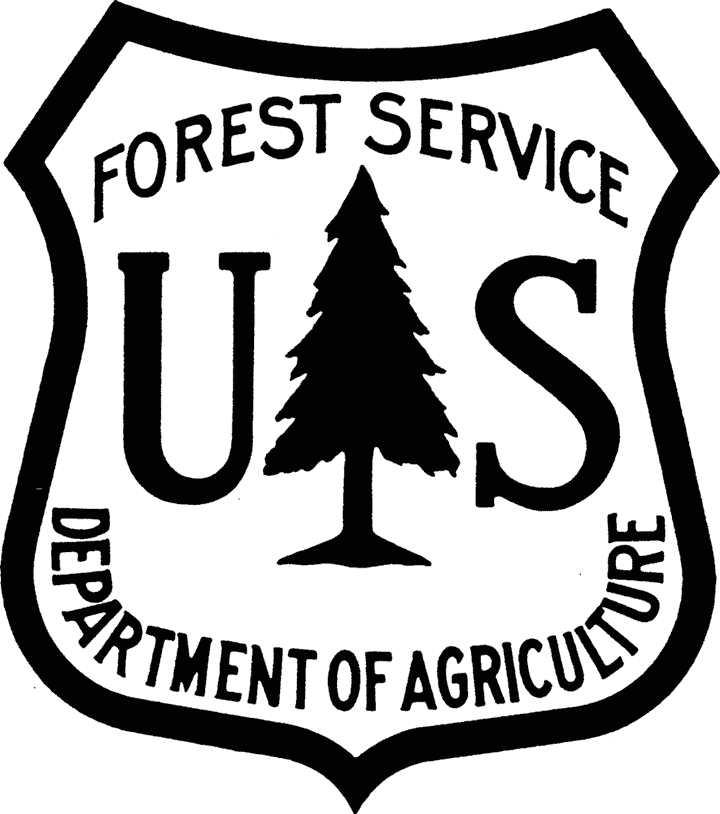Long Center for Plant & Environmental Science
at the Holden Arboretum
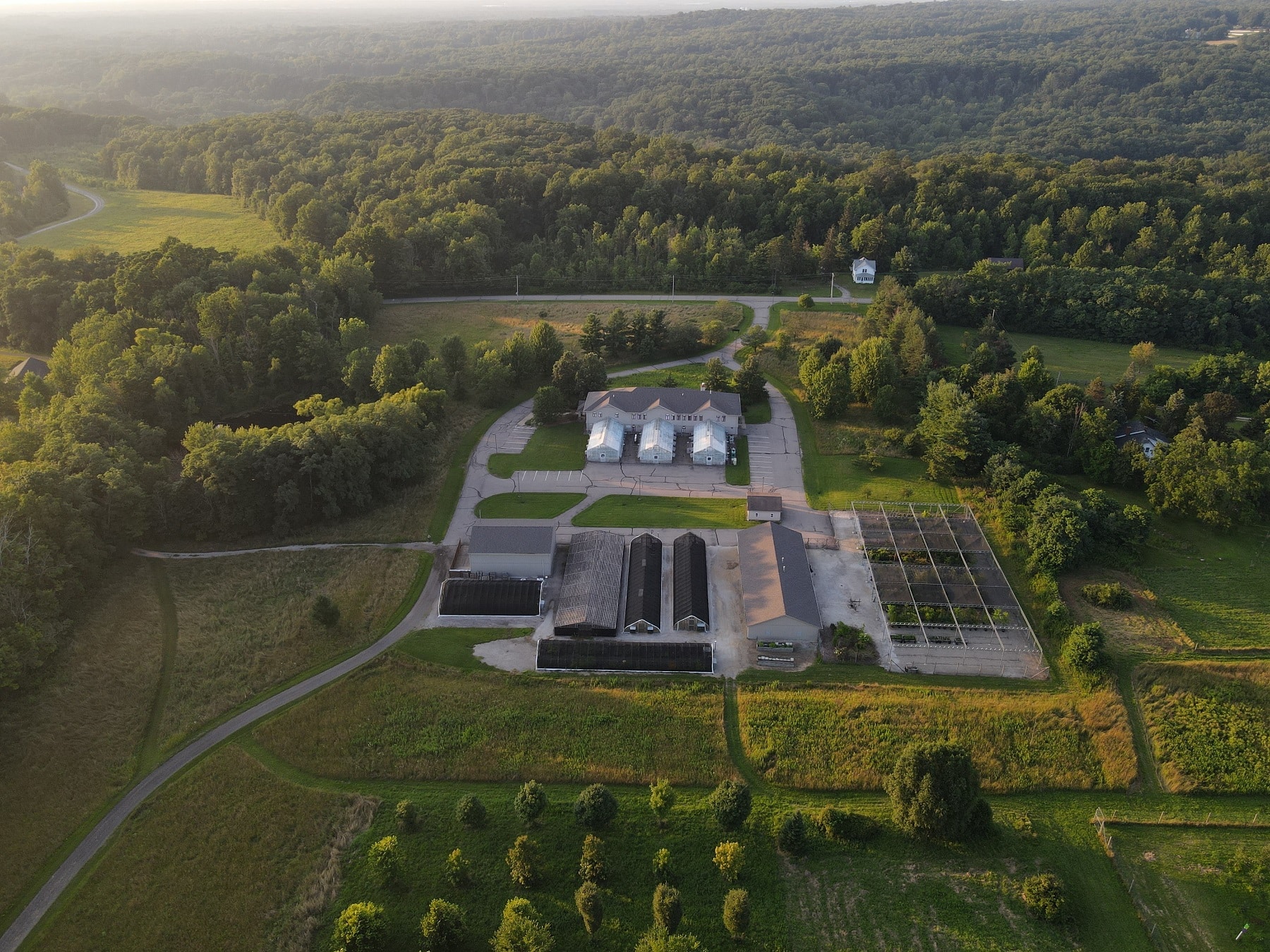
Breaking new ground in plant and environmental science.
The scientists at the Ellen Corning Long and T. Dixon Long Center for Plant and Environmental Science take pride in pioneering the science of plants and trees, conducting nationally recognized research while fostering the next generation of leaders in this space.
Current research endeavors
From global biodiversity to regional ecosystems, the relationships between species to the inner workings of plants, research at the Center for Plant and Environmental Science spans a wide range of study systems and research questions that benefit our local and global communities.
Preparing for climate change
Understanding how plants respond to climate change is critical for preparing for and mitigating what’s to come. Researchers at Holden are investigating how climate change is already changing plant phenology (or the timing of seasonal events) in woodlands; how it affects plant establishment in ecological restorations; how it affects plant growth, survival, and reproduction in rhododendrons; and how microbes might mitigate plant responses to change in duckweed.
Promoting healthy forests
Holden’s conservation staff developed a rapid upland forest assessment (RUFA) tool to evaluate ecological conditions and apply adaptive management methods to improve ecosystem integrity including native biodiversity, wildlife habitat, water quality, and resilience. And in Working Woods, researchers study the impacts of woodland management practices and share them with landowners.
Saving our native trees
A number of tree species native to our region are under attack by forest pests. Holden is a leader in the study of these forest threats, especially beech leaf disease, beech bark disease, hemlock woolly adelgid, and emerald ash borer, as well as how the forest microbiome interacts with these pathogens. Our breeding programs aim to find and develop trees that are resistant to these pests. Holden is also the headquarters for the Great Lakes Basin Forest Health Collaborative.
Restoring our forests
Restoring forests across northeastern Ohio increases biodiversity and wildlife habitat, mitigates climate through carbon sequestration, and ultimately improves the health and resilience of our communities. Holden’s new seed bank forms the core of new climate-fighting reforestation efforts across the region. And a number of research projects are exploring topics related to tree planting such as the soil ecology of urban environments, the effects of acid rain on forest health, how soil organisms impact forest restoration, and the physiology of urban and rural trees.
Conserving global species
More than 1,400 rhododendrons from around the world are being evaluated and preserved at Holden’s David G. Leach Research Station in Madison, Ohio. Dr. Juliana Medeiros is a leader in research of the genus and is active in raising awareness of its utility as a study system, while rhododendron collections manager Connor Ryan is increasing the representation of species in the collection from both global and local species of concern.
Understanding biodiversity
When it comes to understanding plant growth, survival, and resistance to pests and diseases, researchers look to the whole ecosystem, not just at the plants themselves. Holden researchers are studying how organisms that live in the soil, like bacteria and mycorrhizal fungi, microbial communities that live on plants aboveground, pollution from nanoparticles, and pollinators can interact with one another, plants, and threats the plants may face.
Understanding adaptations
From the structures of leaves and roots, all the way down to the size of a plant’s genome, plants are adapted to their environments. Understanding how these adaptations have evolved and how they work can help us predict what drives species invasions, local adaptation to climate change, and more.
Our Experts

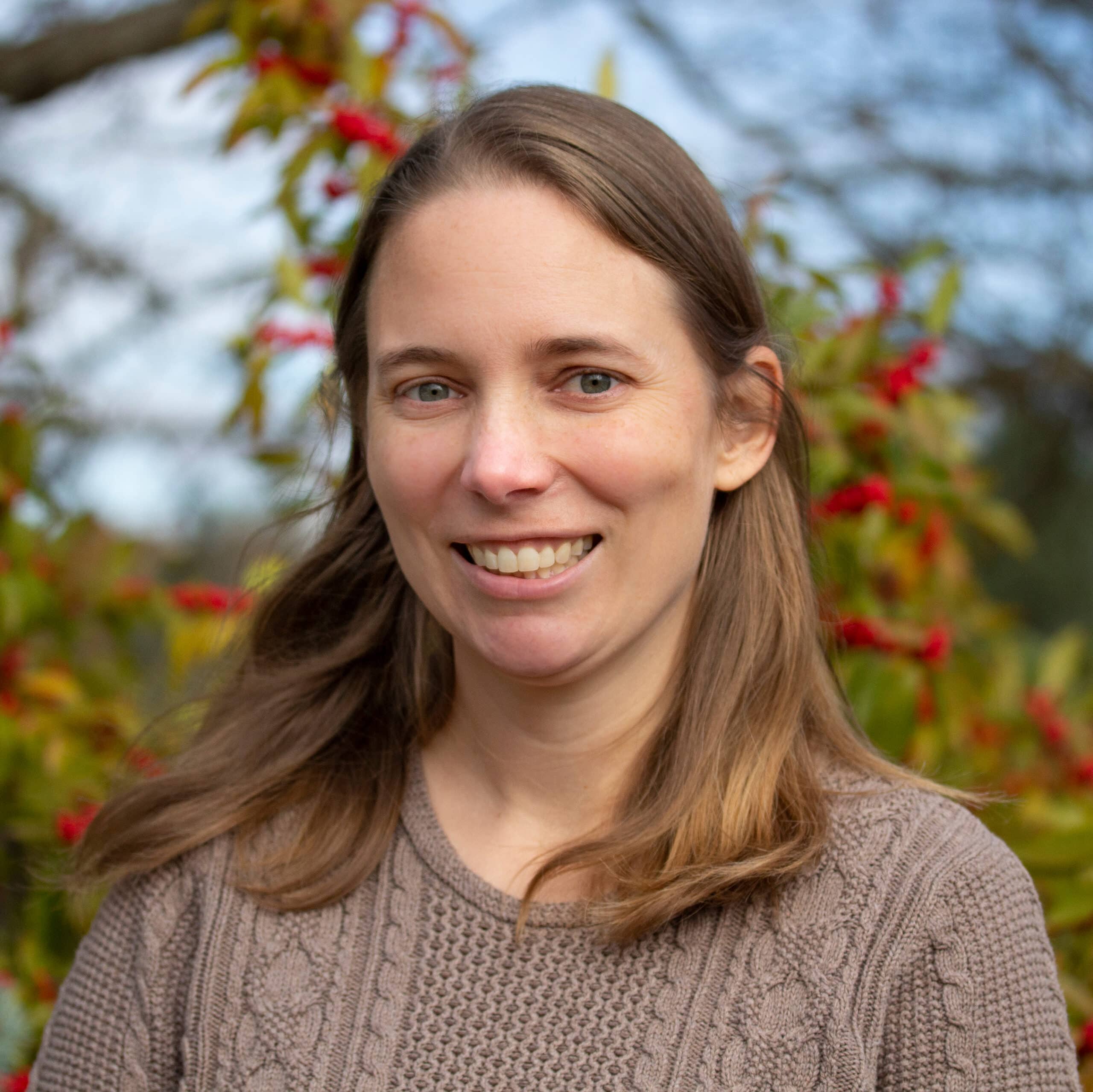
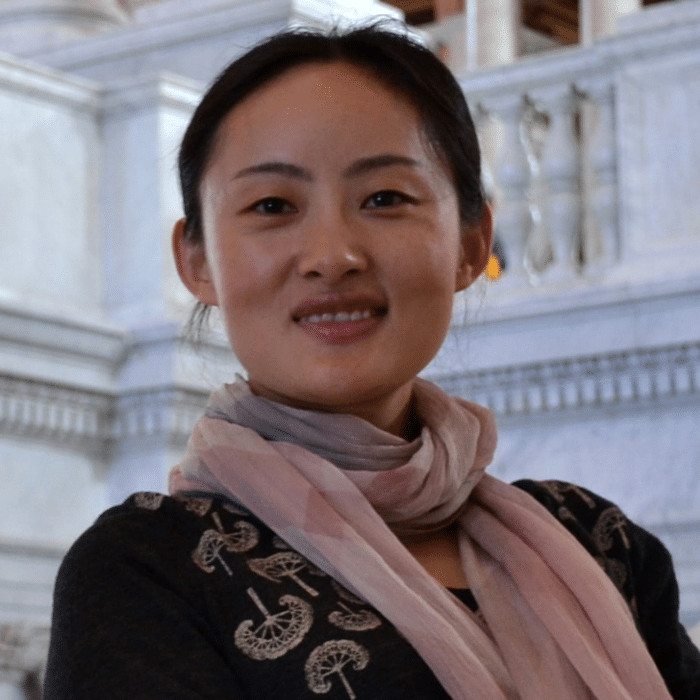

Our latest research news
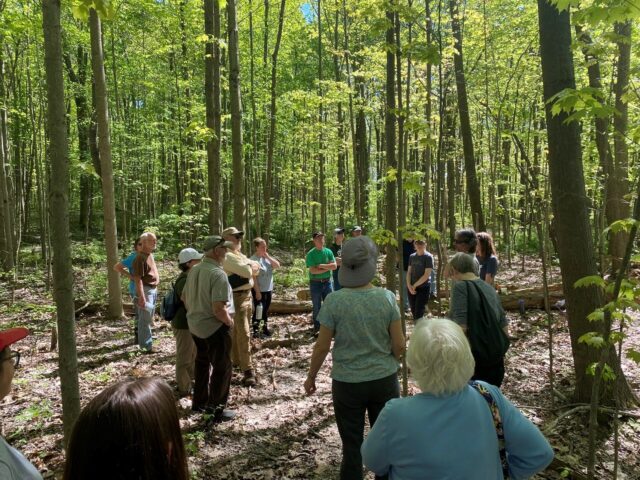
March 15, 2024
Holden Forests & Gardens Receives $1.8M to Expand Forest Landowner Support in the Great Lakes Region
FOR IMMEDIATE RELEASE (CLEVELAND) March 15, 2024 – Holden Forests & Gardens today announced that it received $1.8 million from the USDA Forest Service as a part of the nearly $145 million… more
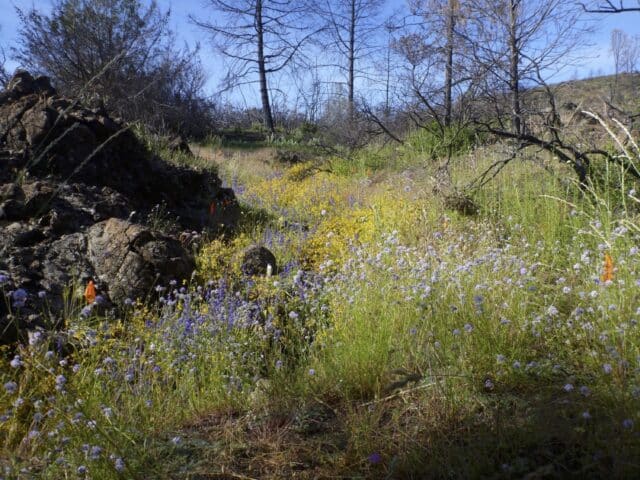
November 21, 2023
Every flower hosts a diverse community of pollen grains (from the wrong species)
New research sheds light on the factors that shape the diverse microscopic pollen collections deposited on flowers by pollinators. more
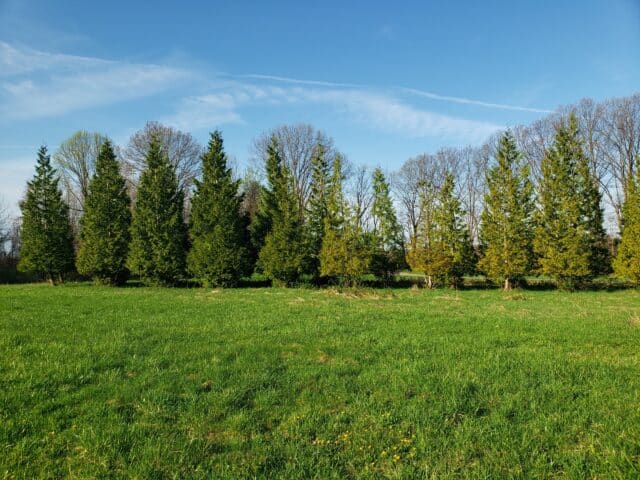
November 8, 2023
Holden Researchers Uncover How a Resilient Tree Acclimates to Stressful Environments
The eastern red cedar (Juniperus virginiana) is a hardy tree native to the eastern U.S. But lately it’s been encroaching on ecosystems out West — could its physiology be the… more
Get in touch with us!
Media inquiries:
Audriana Carmona
Communications Specialist
[email protected]
General inquiries:
Anna Funk
Science Communications Specialist
[email protected]

